15 Disturbing Truths About History’s Most Admired Figures
Historical figures usually get the polished version in books and speeches, but their personal lives often tell a rougher story. These aren’t shocking twists or “gotcha” moments. Instead, they are real, human failures behind the polished facades.
Knowing these things doesn’t undo their work, but it does show that being admired and being decent aren’t always the same thing.
The Plagiarism Investigation into Martin Luther King Jr.
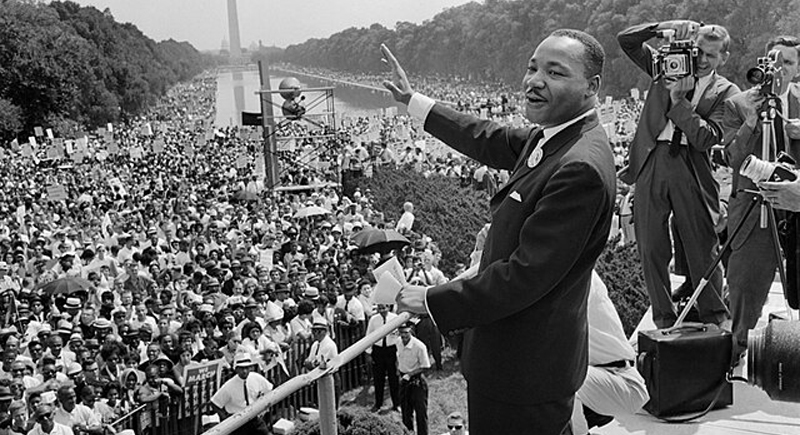
Credit: Wikimedia Commons
Boston University once ran an investigation into Martin Luther King Jr.’s doctoral thesis and found that large portions were copied. He had taken entire sections from other scholars without proper credit. It wasn’t just a few lines—much of the work lacked original material. The university kept his degree intact but made the findings public.
Charles Dickens Poorly Handled His Separation
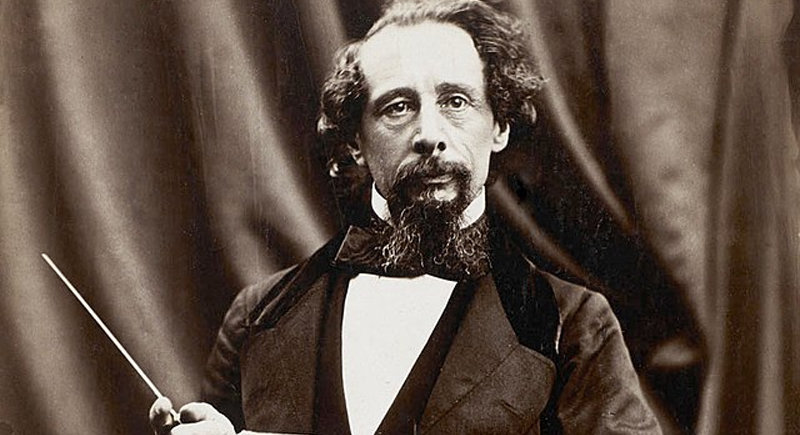
Credit: Wikimedia Commons
After leaving his wife, Charles Dickens made sure the world blamed her. He wrote a letter accusing her of emotional instability and published it in several newspapers. His goal was to protect his perception during an affair with an actress. The people turned on her while he maintained his reputation.
The Distance Between Sagan and His Family
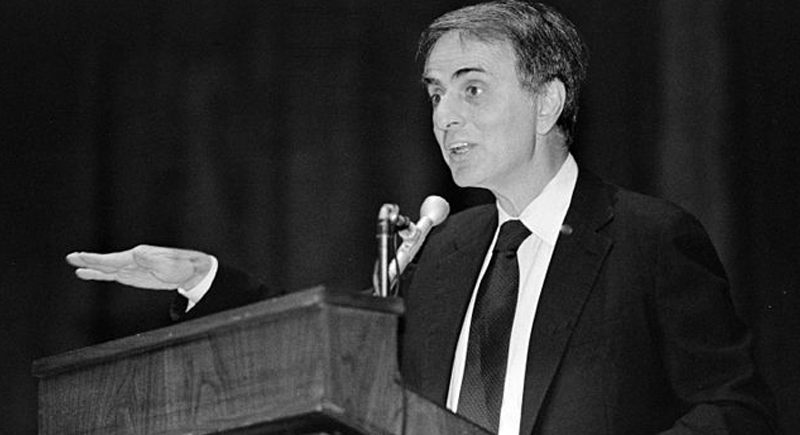
Credit: Wikimedia Commons
We all know that Sagan became famous for bringing science into living rooms, but his behavior with his son was far less inspiring. His son described him as emotionally distant and barely involved. At home, he was absent. Friends and colleagues saw a different side, too—driven, dismissive, and focused on maintaining his image.
Mark Wahlberg’s 1988 Attack

Credit: Wikimedia Commons
In 1988, Mark Wahlberg physically harmed two Vietnamese men in separate, unprovoked incidents. One man permanently lost vision in one eye. Witness reports reported that Wahlberg used offensive language during both encounters. He faced serious charges but spent only 45 days in custody. A lot of people believe the victims never received real justice.
What Aristotle Taught About Women
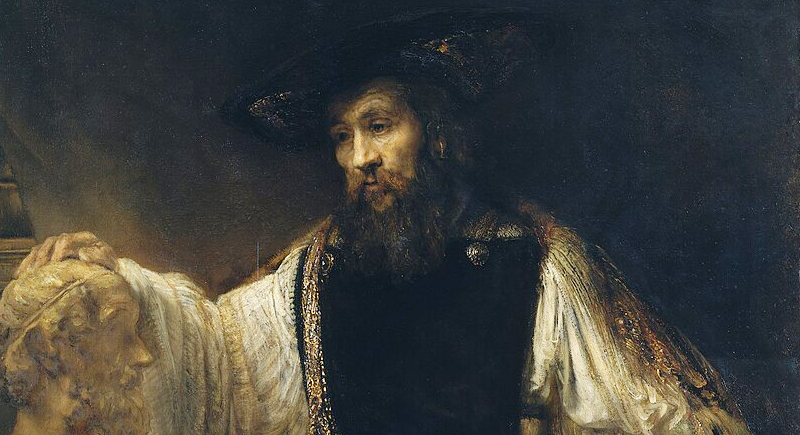
Credit: Wikimedia Commons
Many of Aristotle’s writings describe women as inferior to men in both reasoning ability and biological design. His influence stretched over centuries and helped normalize exclusion and inequality. The scientific world repeated his views without much question for generations.
The Hidden Affair of Franklin Roosevelt
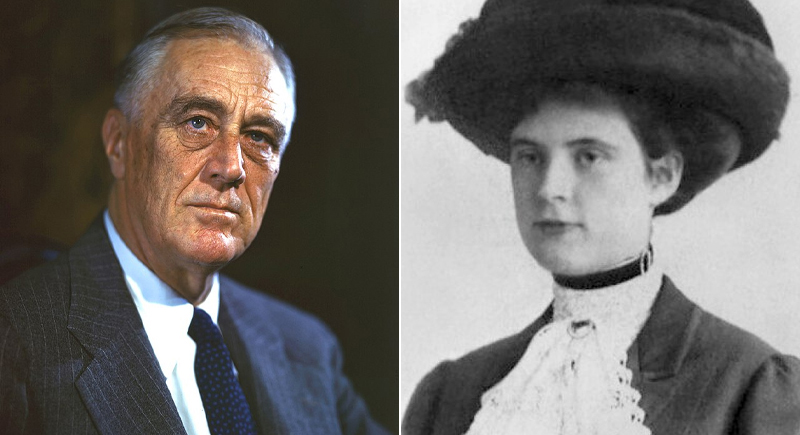
Credit: Wikimedia Commons
Before becoming president, FDR had an affair with Lucy Mercer, his wife’s secretary. Eleanor Roosevelt found out through letters and forced a confrontation. He promised to end the relationship, but never truly did. Mercer stayed close to him for years and was present in his last moments.
Jawaharlal Nehru and Edwina Mountbatten’s Connection
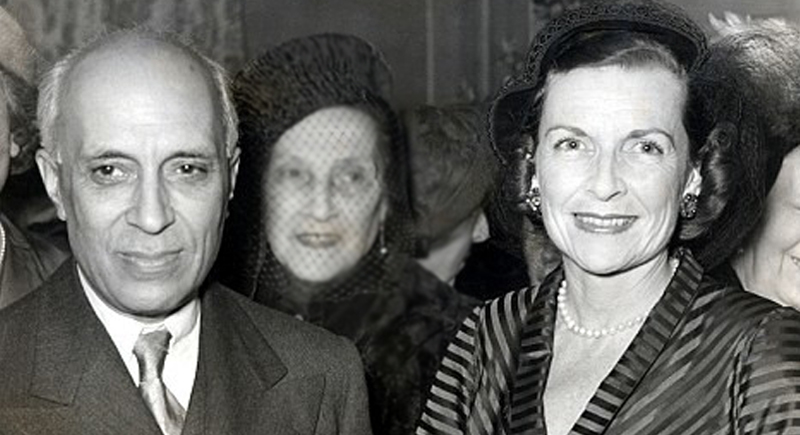
Credit: Wikimedia Commons
It started as a close friendship, but Nehru’s relationship with Edwina Mountbatten, wife of Britain’s last Viceroy to India, soon drew widespread attention. The connection sparked gossip and criticism in the parliament. One political slogan at the time even mocked her importance in his life.
Medical Beliefs Came Before Life for Gandhi
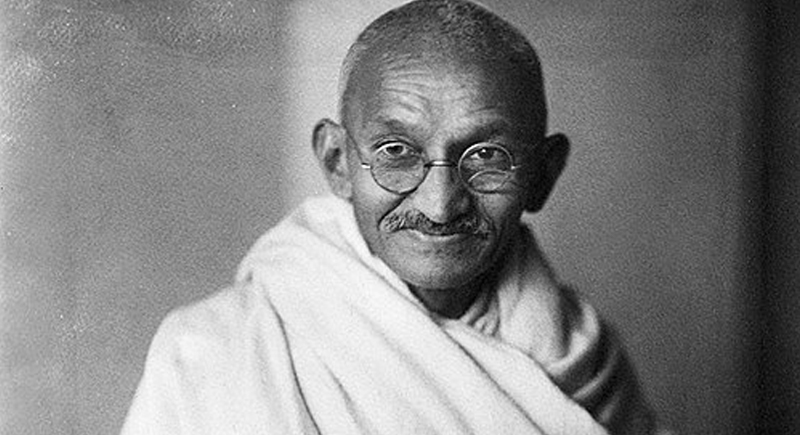
Credit: Wikimedia Commons
When Gandhi’s wife fell seriously ill with pneumonia, doctors recommended penicillin. Gandhi refused the treatment, insisting it conflicted with his spiritual beliefs. She died soon after, without the medication that might have saved her. Not long afterward, Gandhi accepted quinine because he was sick with malaria. The inconsistency drew sharp criticism.
The Double Life of Thomas Jefferson
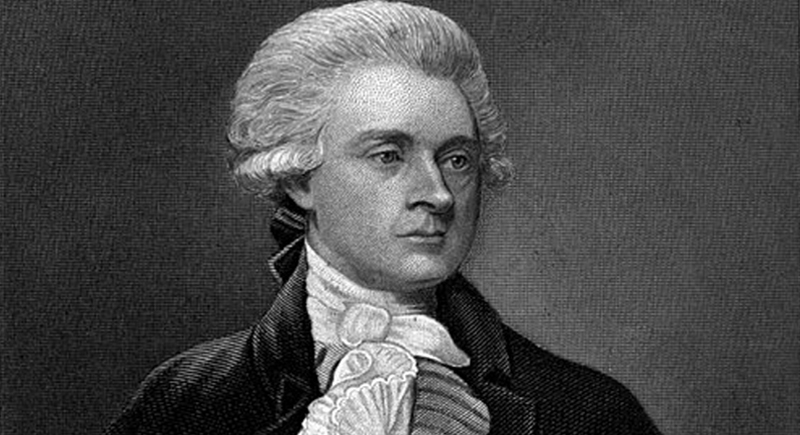
Credit: Wikimedia Commons
Though celebrated for championing liberty, Thomas Jefferson enslaved more than 600 people throughout his life. Among them was Sally Hemings, who was about 15 when he began a relationship with her. He was in his forties at the time and had a couple of children, most of whom remained in captivity.
How F. Scott Fitzgerald Silenced His Wife
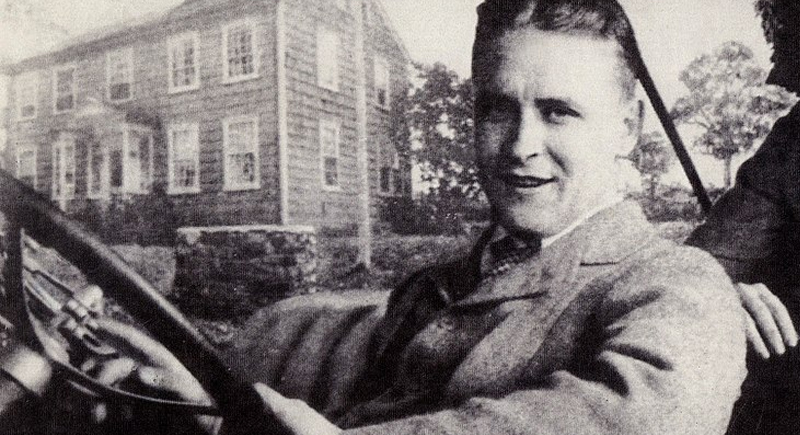
Credit: Wikimedia Commons
Zelda Fitzgerald wanted to write, publish, and be heard, but her husband made that nearly impossible. F. Scott Fitzgerald used her private journals in his fiction without her approval. He minimized her creative ambitions and confined her for her pushback. For decades, readers saw only the version he allowed to circulate.
Alexander Graham Bell and Deaf Education
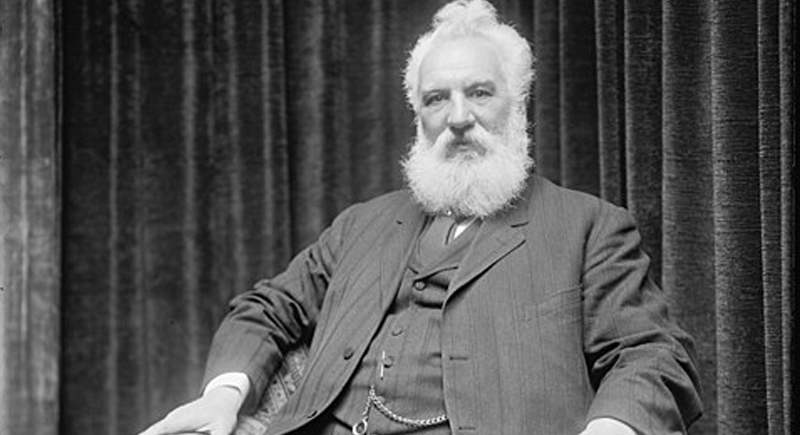
Credit: Wikimedia Commons
Long before modern debates on inclusion, Bell pushed for a system that actively excluded sign language. He promoted oralism, insisting that deaf people should speak and lip-read instead of signing. His influence led various schools to ban sign language, which left generations of deaf students isolated. Bell even argued against marriages between deaf individuals, claiming it would increase deafness.
Sean Penn’s Attack on Madonna

Credit: Wikimedia Commons
During a heated argument in the late 1980s, Madonna was restrained and beaten for hours by her then-husband, Sean Penn. She filed a report at the time, but the charges didn’t lead to lasting consequences. Multiple sources confirmed the details, yet the incident faded quickly from public focus. His acting career carried on with little interruption.
Dr. Seuss and His Wife’s Passing
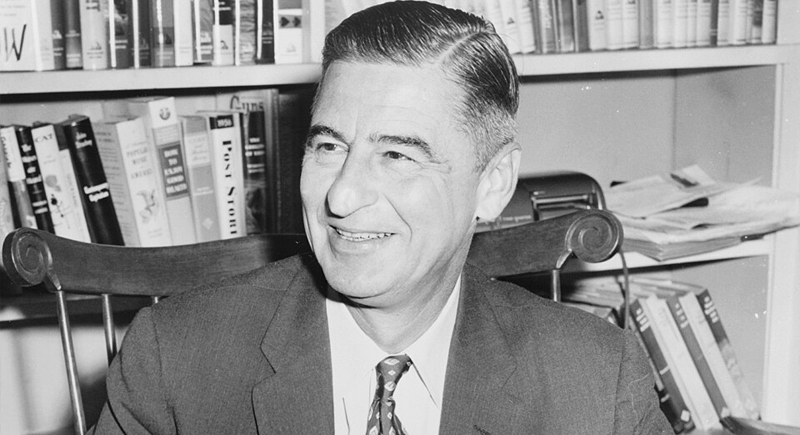
Credit: Wikimedia Commons
Theodor Geisel, known as Dr. Seuss, had an affair while his wife battled cancer and depression. She eventually took her own life after learning of the relationship. He married the other woman shortly afterward. Later, those close to the couple said his wife had long felt emotionally isolated. However, this story rarely appears in profiles of his life.
A Brutal Demonstration by Thomas Edison
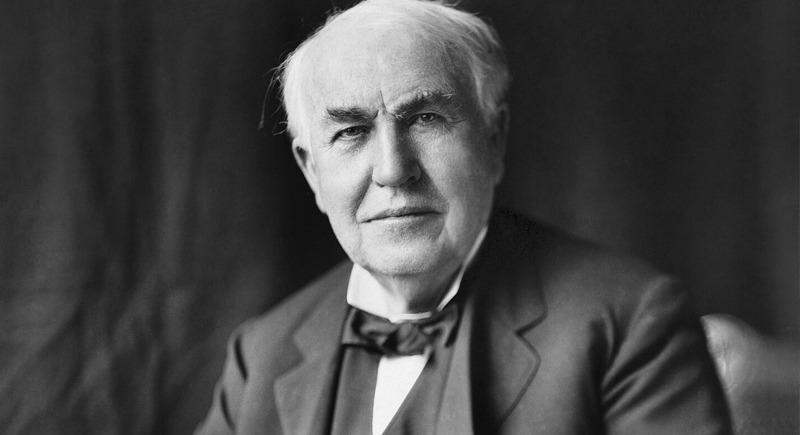
Credit: Wikimedia Commons
Edison orchestrated a demonstration that involved the passing of an elephant using alternating current to discredit a competing electrical system. The event was meant to scare people away from technology developed by George Westinghouse. While remembered as a brilliant inventor, he relied on harsh tactics and strategic image-building to maintain his dominance in the industry.
Beethoven and His Nephew Karl
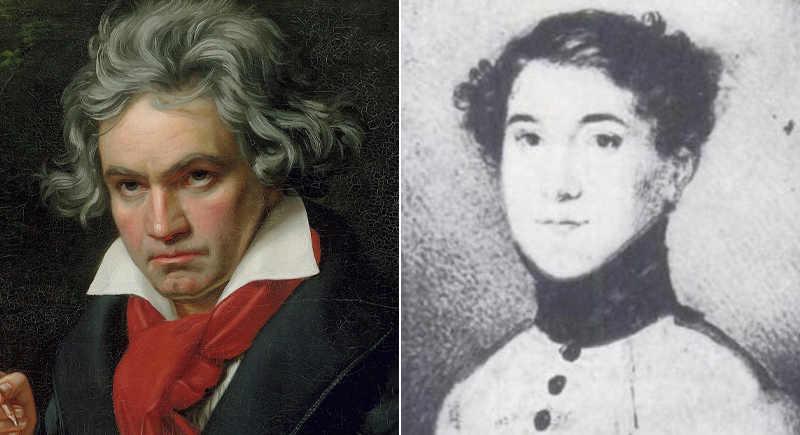
Credit: Wikimedia Commons
Away from the concert halls, Beethoven spent years fighting to take custody of his nephew Karl. He accused Karl’s mother of being morally unfit and eventually won the case. But life under Beethoven’s care was rigid and controlling. The child, overwhelmed by the pressure, later attempted to take his own life.
Hidden Camera Scandal Involving Chuck Berry
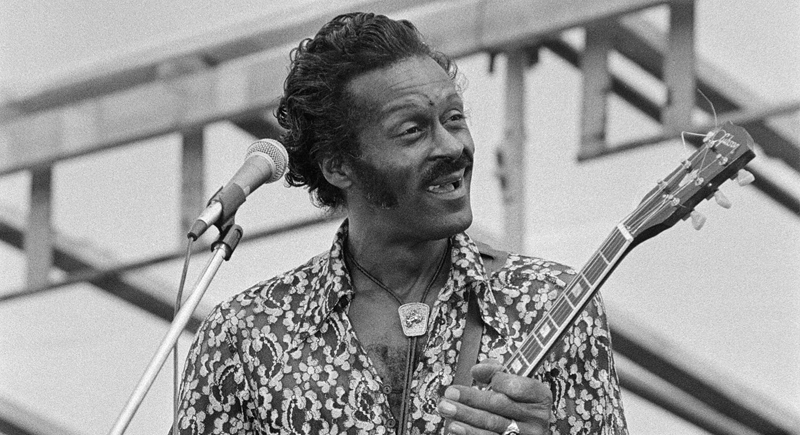
Credit: Wikimedia Commons
Customers at a restaurant owned by Chuck Berry had no idea they were being watched. He had installed hidden cameras in the women’s restrooms, capturing footage without consent. As the recordings came to light, they disclosed what many had feared. Berry eventually faced legal action and settled with multiple victims.